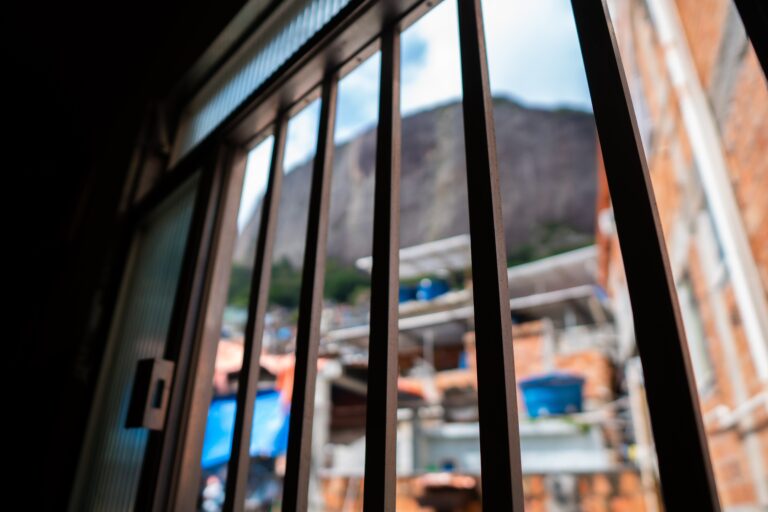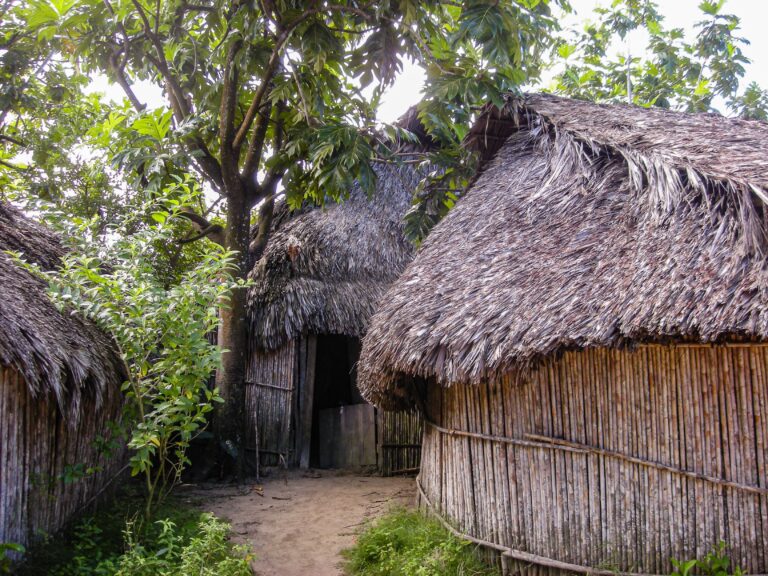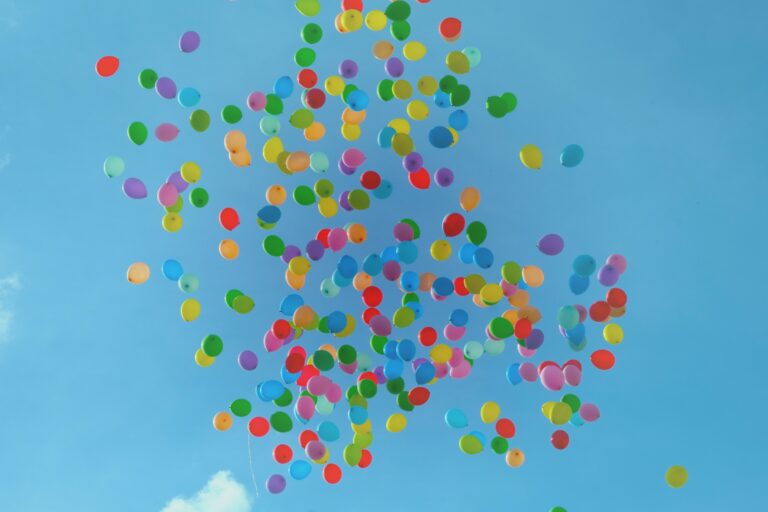Five things people of African heritage confront in Trinidad and Tobago:
1. “African people is one set ah people.”
Yes, in songs we are one people but we are not a monolith. There are Africans on the continent, African Americans, Afro-Caribbean Americans, Afro-Brazilians, and Afro-Trinbagonians. Among Afro-Trinbagonians there are middleclass professionals, upper class chocolate folk, lower class cocoa skinned workers, rural workers, etc. It ain’t one group with one religion and one “behaviour” as people pejoratively remark. However, I am aware that when my friends text message me “let’s go movietowne on Tuesday…the weekend is too ghetto”, I know they were indiscriminately referring to the presence of young black male teens who may have the same recreational/leisure preference as them as ‘ghetto’.
2. “All African does vote PNM.”
Non-Africans and Africans generally believe that you automatically vote for the People’s National Movement (PNM) each general election. And yes, many of us have grandparents who give us that cutting eye every five years when they say “go and vote eh” which can be translated as “vote for Dr. Eric Williams”. However, the entire population of Afro-Trinbagonians did not grow up on a diet of Rice and Balisier alone. Unfortunately, this stereotype of Afro-Trinbagonians and political opinions also has deleterious effects for persons who do not support the PNM. They are sometimes referred to as “lick bottom”, “traitors”, “jack warner” and “sell out” when they participate politically with parties such as the United National Congress (UNC) and to a lesser extent the Congress of the People (COP). This view is very reductive. It denies the intelligence of a significant portion in the community who do not vote along ethnic lines and make very conscious political decisions within their interests and therefore, argue we are just an emotional voting public that retreats to ‘race’. Then, it overlooks the complex ties Afro-Trinbagonians have to varying sectors in the economy; public service labour and leadership, managerial classes, educated professionals, intelligentsia, manual labour and so on and how the shifts perceived or real shifts in power may reflect a particular mood in our society at a point in time.
3. “I get my father complexion but I really mixed.”
Again, humans of Trinidad and Tobago mixing up colour, ethnicity and race. Well, many of us are mixed but affirming the 10% of what you don’t look like and the effort to make the slightest link to a European great great grandfather is quite hilarious. I once met a beautifully dark young man who asked me about my ancestry. I do not think he was interested in my response given the time in which he hastily answered his own question. He began explaining how his great great-great-grandfather was a horseman in Scotland. What a profound historical discovery! I, definitely more convinced his grandfather was treated no greater than his great-great-grandfather’s horse, reflected on this very interesting statement. African culture and people have been degraded for so long that claims to Africanness is not seen as valuable nor does it carry much social capital. Let us be real, how many non-African persons go about writing on official forms that they are mixed because their great-great-grandmother was of African heritage? African features – nose structures, dark complexion, hair textures – are too often seen as ugly or a curse at birth that need to be changed. Where is Marcus and Amy Garvey when you need them? Skin bleaching dancehall artistes and nose surgeries perfected by the Jackson 5 are cultural markers of this.
4. “Take a page from Syrians/Indians/Chinese, nah”. Everyone and everywhere else
but Africans and Africa.
Our technical know-how and philosophical know-why are sometimes limited to Euro-American media reference points and our examples of leadership are outside of the African community. For excellence in education and commerce we cite everyone else but the George Padmores, Claudia Jones, John W. Thompsons, Tony Profits, Adebayo Ogunlesis of the world (Google them if yuh doe know dese names).
5. “I have five black friends and Amilcar is a rasta and he is my ex-boyfriend/best friend”.
Hold up. It should be very clear that diversity in your friends/liming circle is not the pinnacle of racial equality in Trinidad and Tobago. Racial equality is a commitment one makes in their life to challenge racial injustice and inequalities. It is an ideal seen worthy as struggling for. For example, in Barbados 2011, at a particular nightclub, in an ethnically mixed group of friends, I observed the club bouncer selectively asking persons to lift their t-shirts (men and some women) to admit them only if their jeans were on their waist. I read the sign that read “Dress Code in Effect”. This rule was not operationalized stating what the dress requirements were therefore it was at the whim of the bouncer and club owner, by the way you dressed, you can either enter or be denied entry into the club. Dressed in a jacket, t-shirt, jeans and leather shoe, I asked the bouncer “why is this rule in effect?” He did not reply. I then told him, “I think this is potentially discriminatory, in fact, you pulled out my friend from a group ahead of me and did not check anyone else”. Then, out of nowhere the club owner marches downstairs. He cuss out de bouncer and start to make me out in public shouting, “no rasta lawyer inside of here. Everybody could get in except dat rasta lawyer”. Not only do I not study law formally but also I was denied entry for asking one question. Many Afro-Trinbagonians have experienced the ‘dress code in effect for black people’ rule, which persists in many of our night clubs. And unless a middle-class brown skinned university professional boy goes public with the matter…it somehow always seems to fall on deaf ears. That is what the fight for equality is about. It is not about getting our one special group/circle of friends onto the list or in V.I.P but ensuring it is fair for every paying member to enter the club on terms that apply to everyone.
In light of all of the above which is a short-list of some of our woes, I encourage everyone to mediate on the significance of emancipation. Indeed, “none but ourselves can free our minds”. Emancipation involves political, economic and psychological self-determination. A lot of young people of all ethnicities and backgrounds contend with issues of body image and beauty, silencing of our voices by authorities, adultism, parents who call cut @ss ‘lixx’ and not ‘abuse’, families with little access to financial systems because their house/home does not reflect the society’s ideal – everyone needs an emancipation. I came to Rastafari from a very political and philosophical stand point of protecting human dignity and self-respect for all people in the world. This gives me some sanity when I try to break down bricks of Babylon physically and in the mind, surviving in an environment of black skin and white/bleached masks, KFC patriots and citizens who meander between Champs Fleurs/Couva/Curepe mornings and Las Vegas nights.
I have been criticized for being ‘too black’ and also criticized for being ‘not black enough’. With all the love in my heart, I claim the heritage of ‘Amilcar’ ‘Peter’ and ‘Sanatan’ that brought me into this world but in my travels, I have had first-hand experience with ‘global nigger laws’ from Barbados, to Toronto, to London Heathrow. The realities of race (and how it intersects with class and gender!) and racism are not easy to discuss and I more frequently propose harder questions than easier answers to its problems. What I do know is that we have evidence in our culture, historical facts, which show how the African experience in the Caribbean has helped define our landscape and spirit. This assertion in no way attempts to disqualify the remarkable contribution of peoples before and after Trans Atlantic Slavery but in fact restate the importance of all our cultures and traditions when we teach our children about freedom and human dignity. There is a lot of work to be done psychically and materially to address the needs of Africans globally. So, the next time you bump your head to a Two Chainz hook, take a stop at the bookstore as well and read good ole C.L.R James. Instead of talkin’ up in yuh *&^ about Harry Belafonte and how he ‘teef we ting’ (calypso), read on his contributions to the Civil Right Movement in the U.S.A and how his Caribbean heritage influenced his life. You love Rihanna? Me too! How about learning about the history of Combermere School, her Alma Mater, and their long-history of service to lower-class Africans in Barbados. And yes Transformers is a really cool action flick but take some time to head to the movies and watch the transformation of James Brown on stage (Youtube video link to Soul smash hit “Caledonia”: https://www.youtube.com/watch?v=Hj0l04ibeGc ). Begin to think critically about your consumption: Do the things I buy save my people or sacrifice them?
Let us be creative and move beyond the Emancipation version of a half-carnival where we wear a costume for one day in the year!
Happy Emancipation.
From your too black/not black enough
Friendly Neighbourhood Rasta
Amilcar
P.S:
Hope you enjoyed the Random Real Life Lion King Pic #AfricanSarcasm




2 thoughts on “5 Things About Afro-Trinbagonians You (Never) Knew: Emancipation Blog”
Comments are closed.